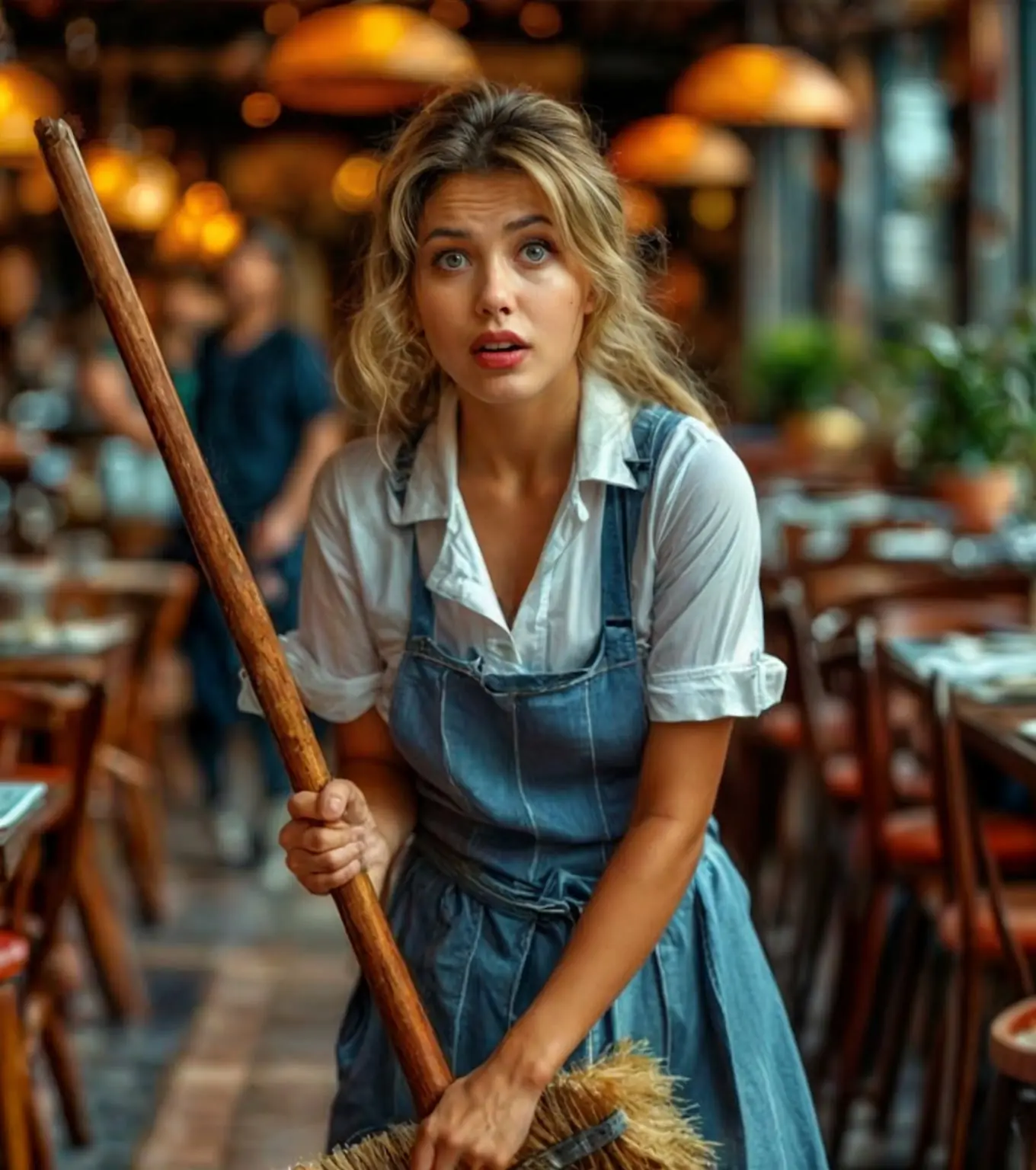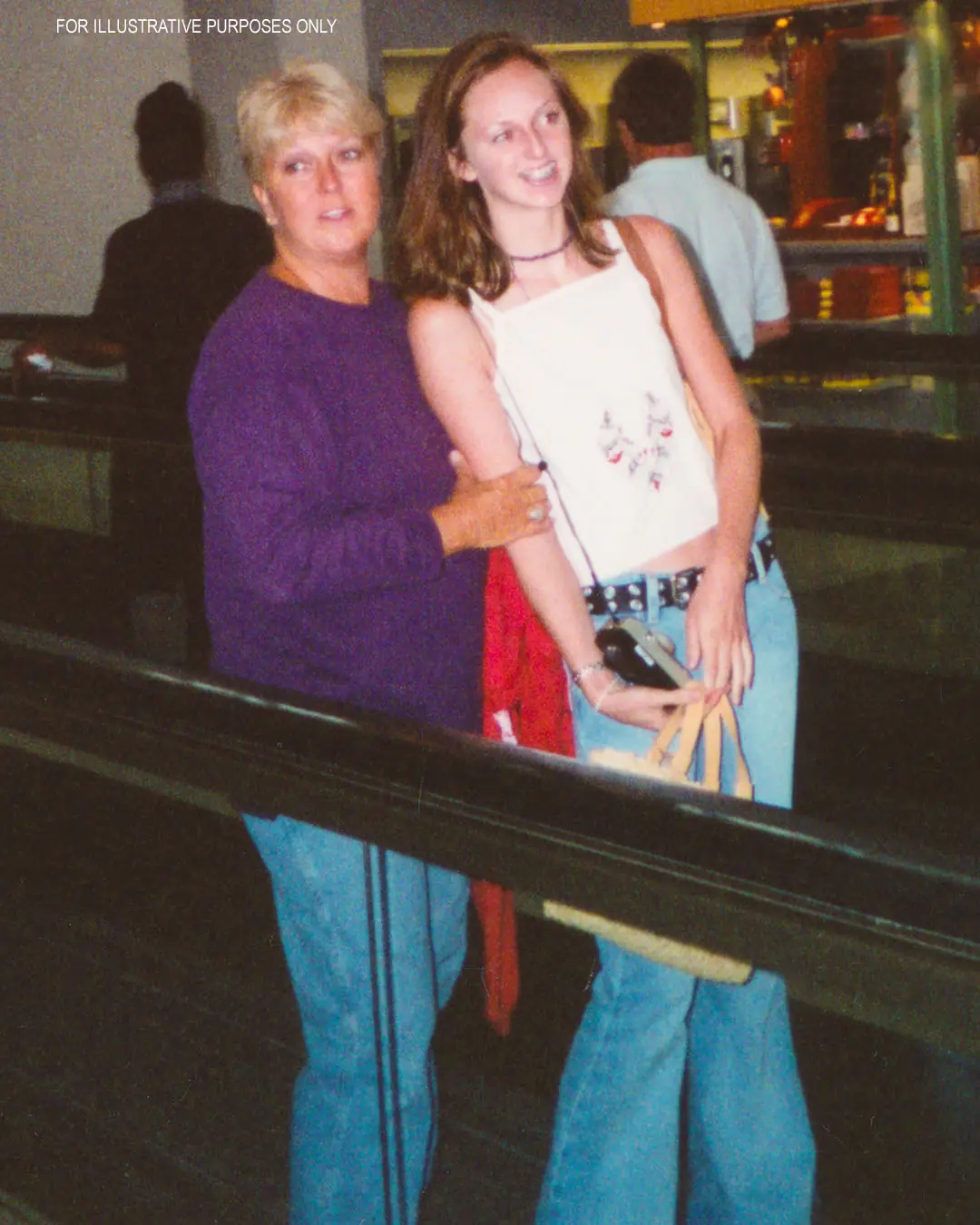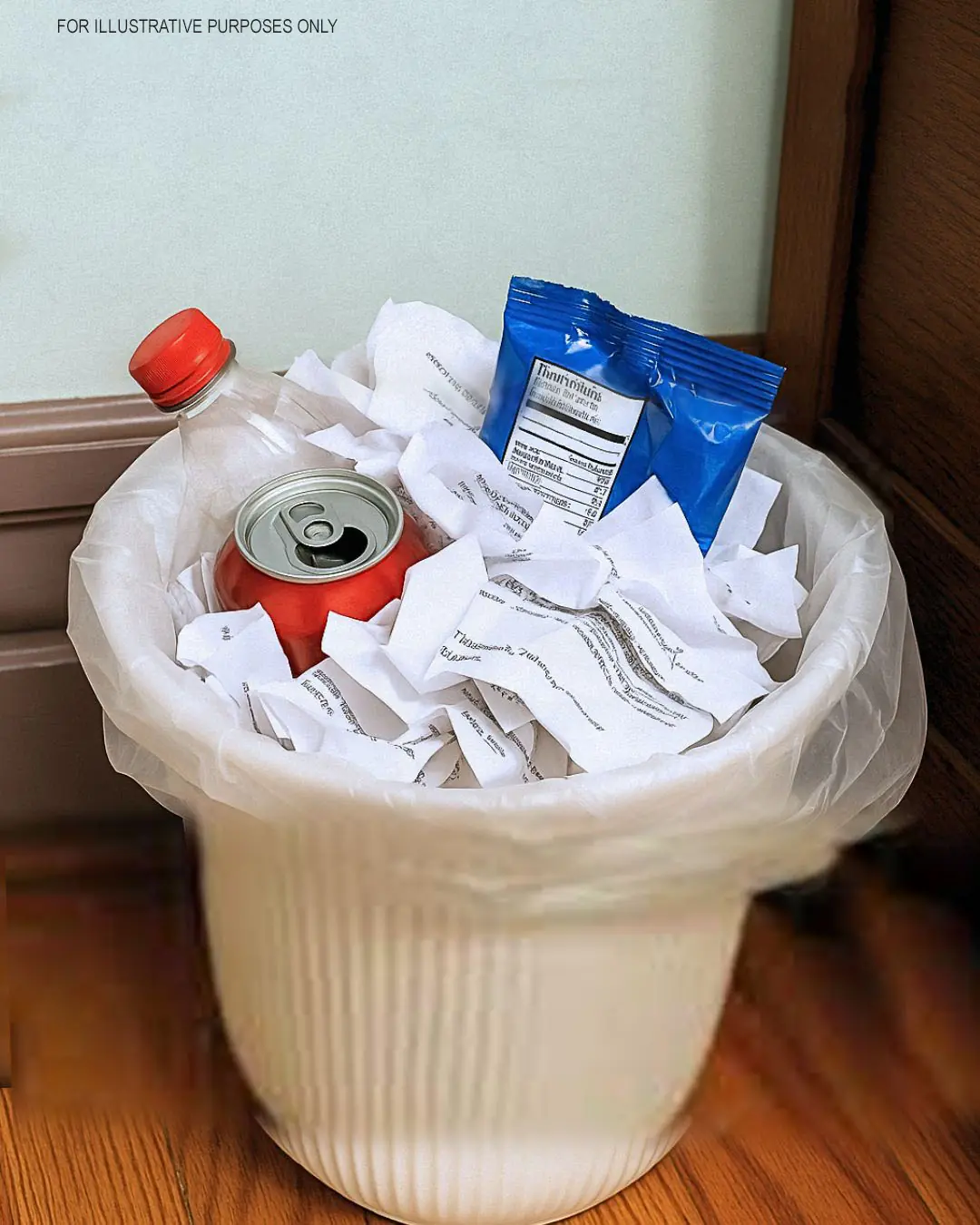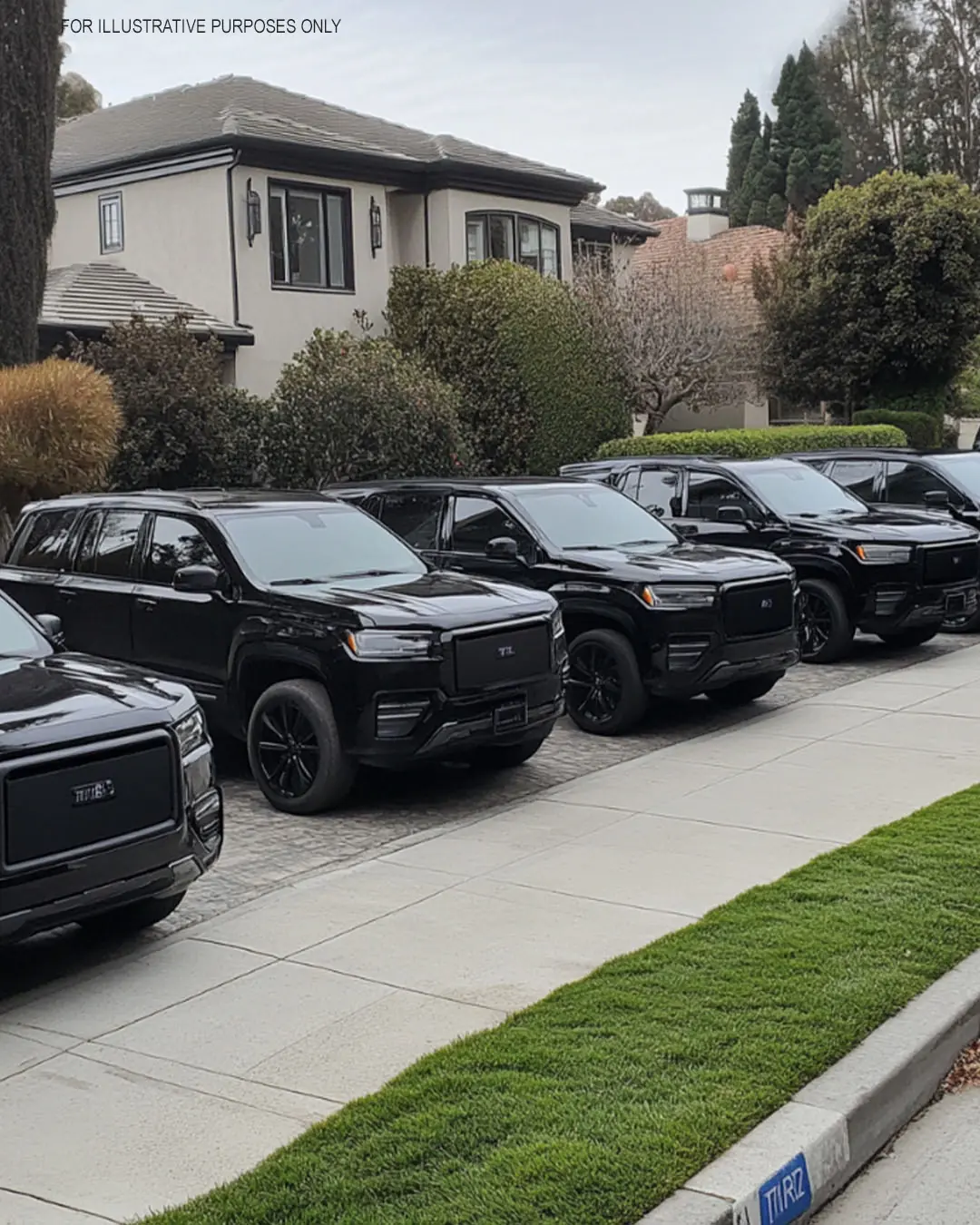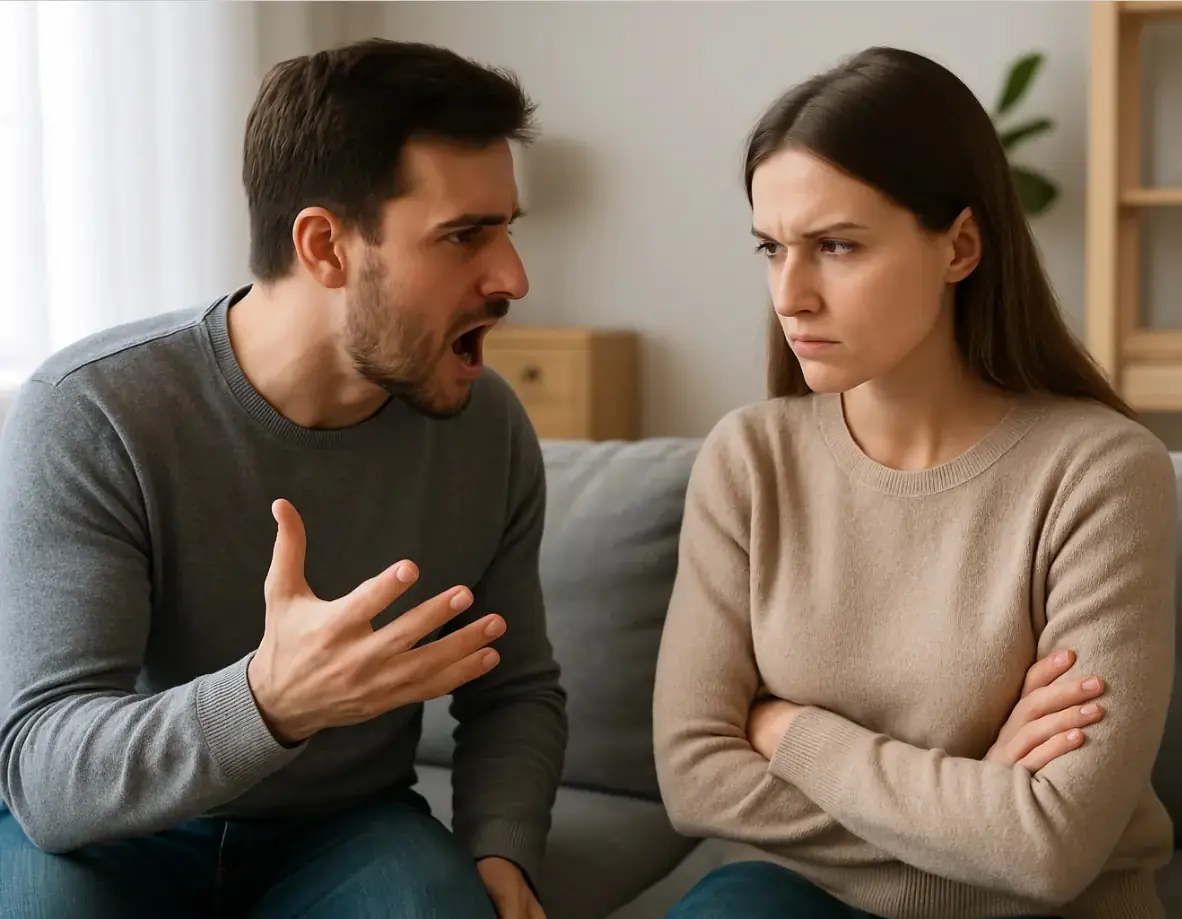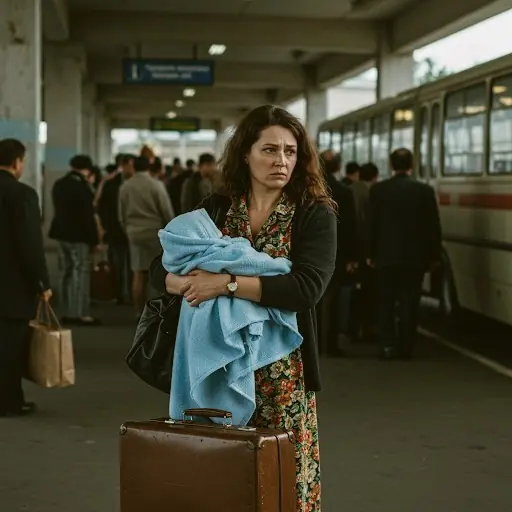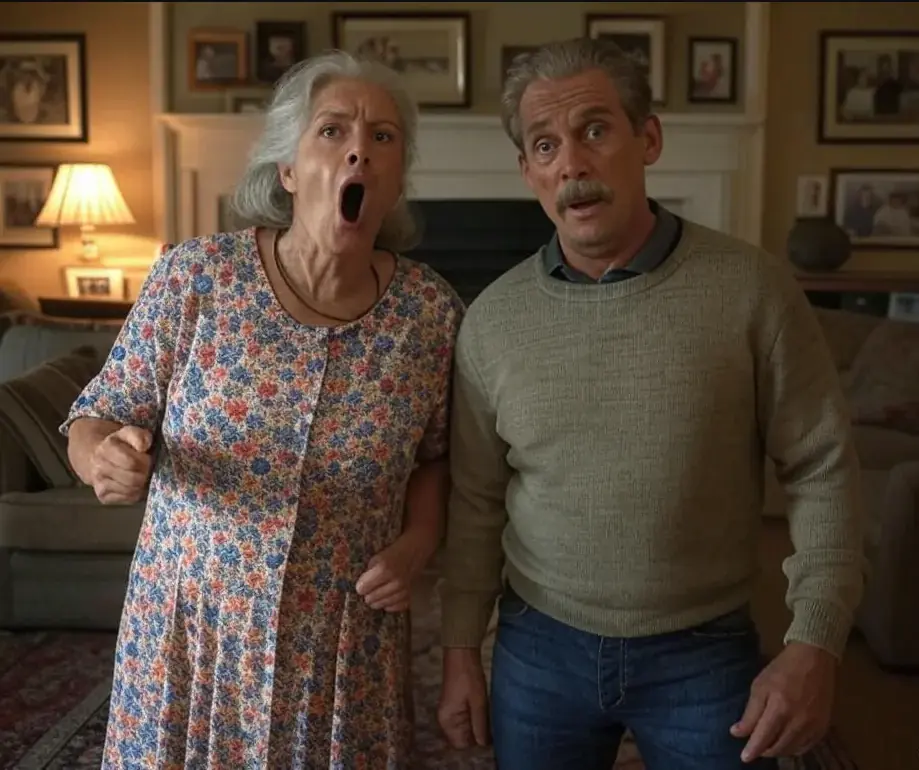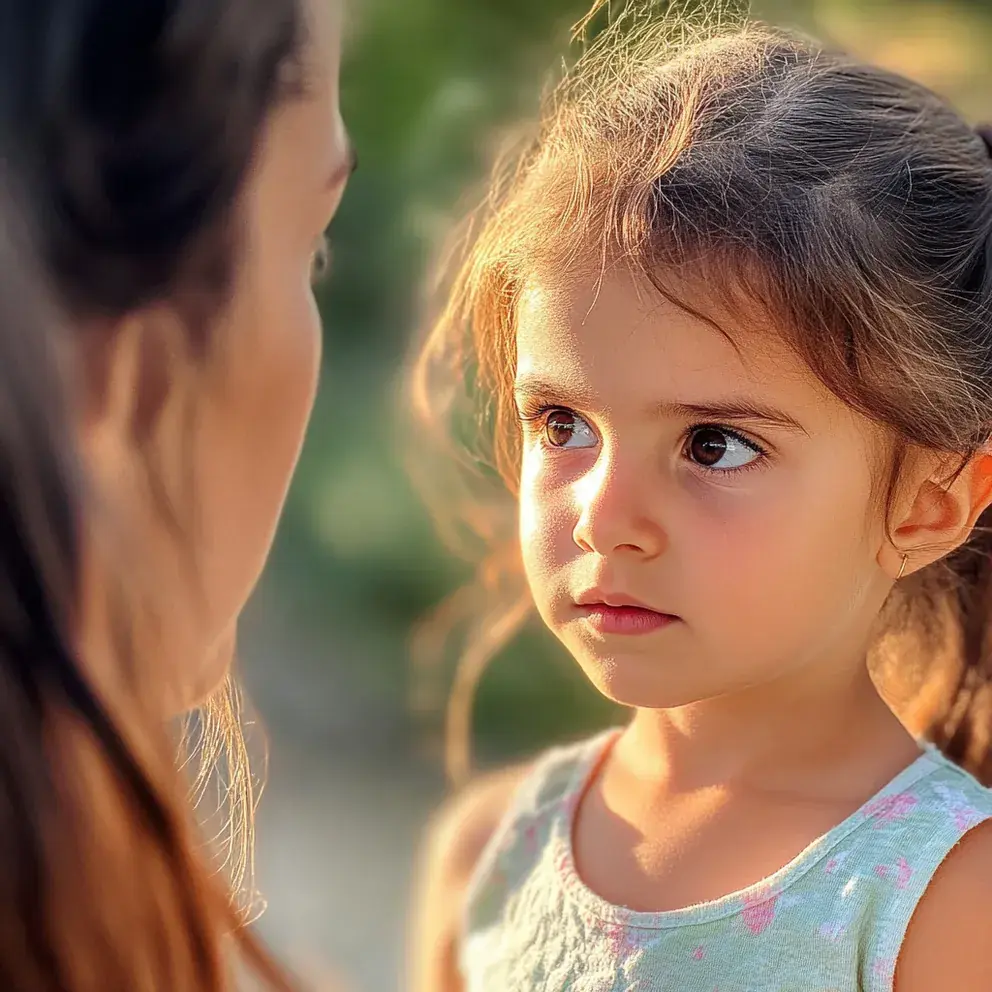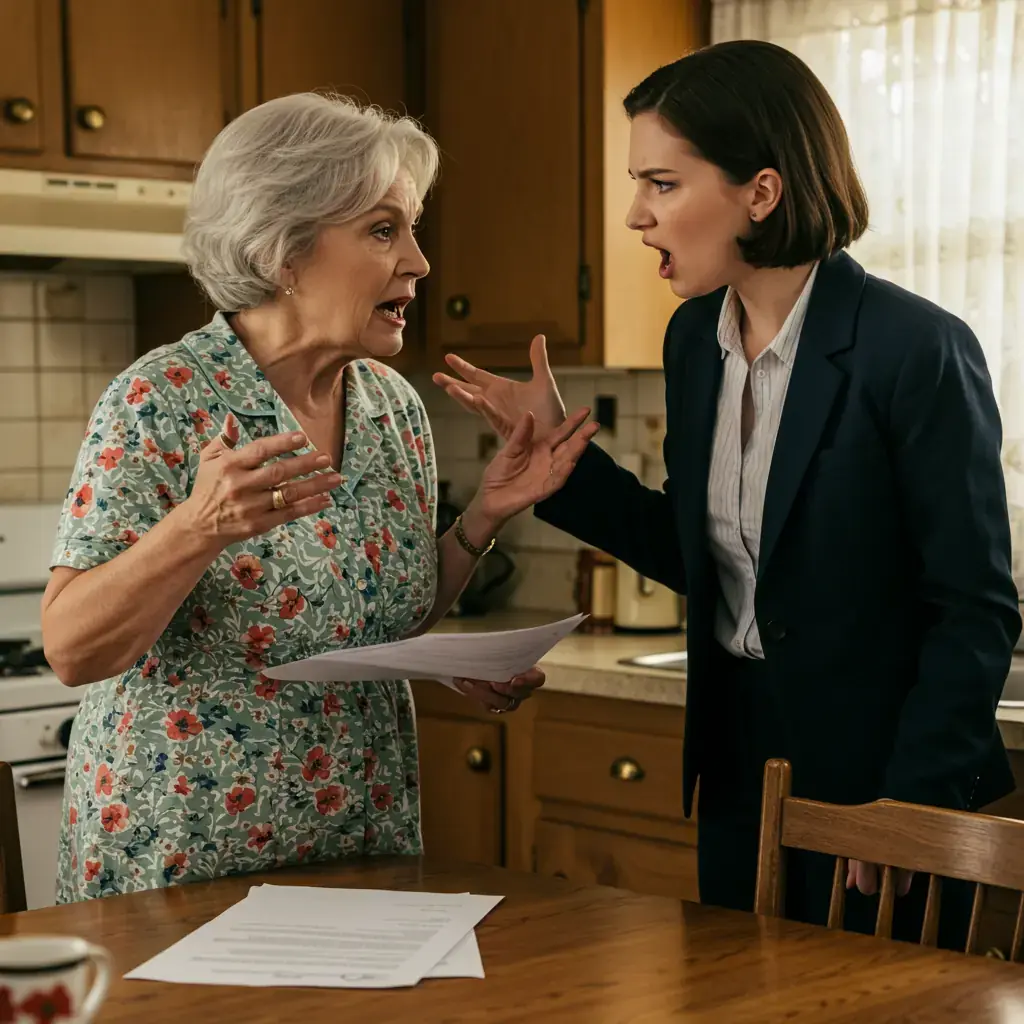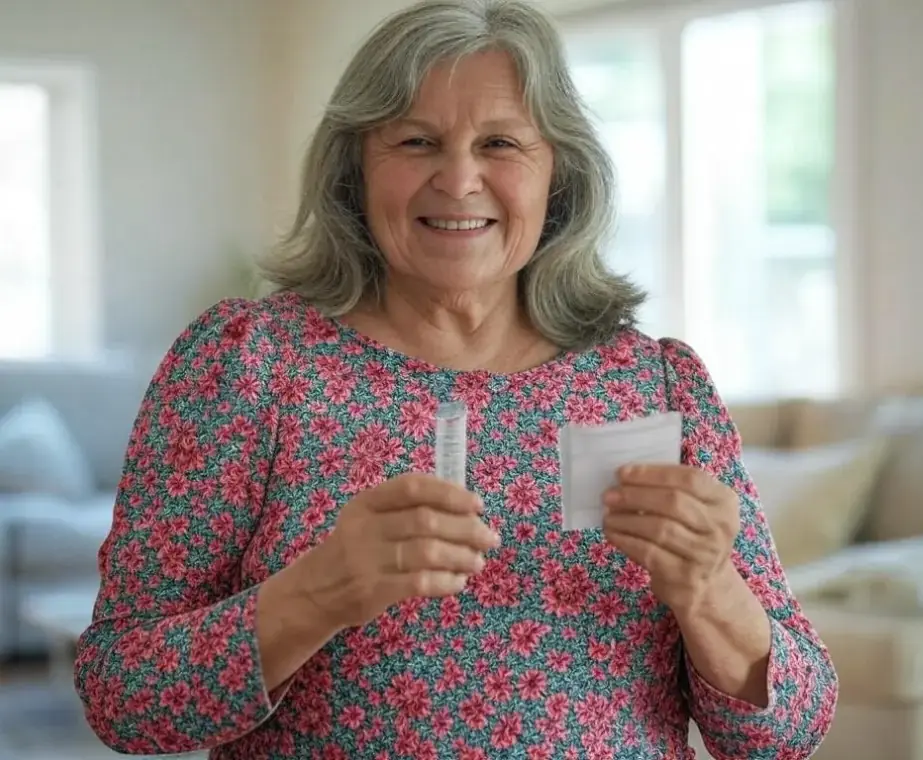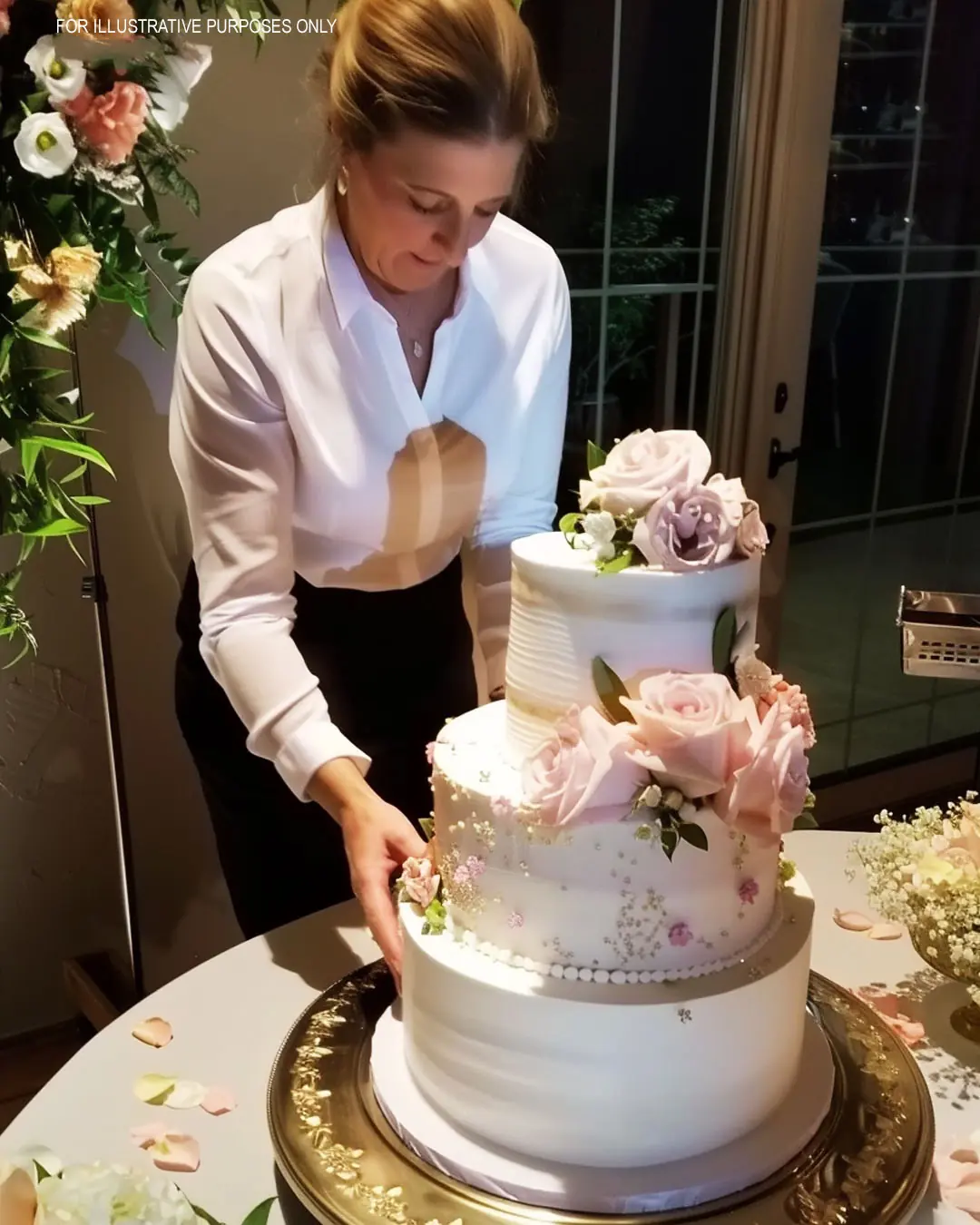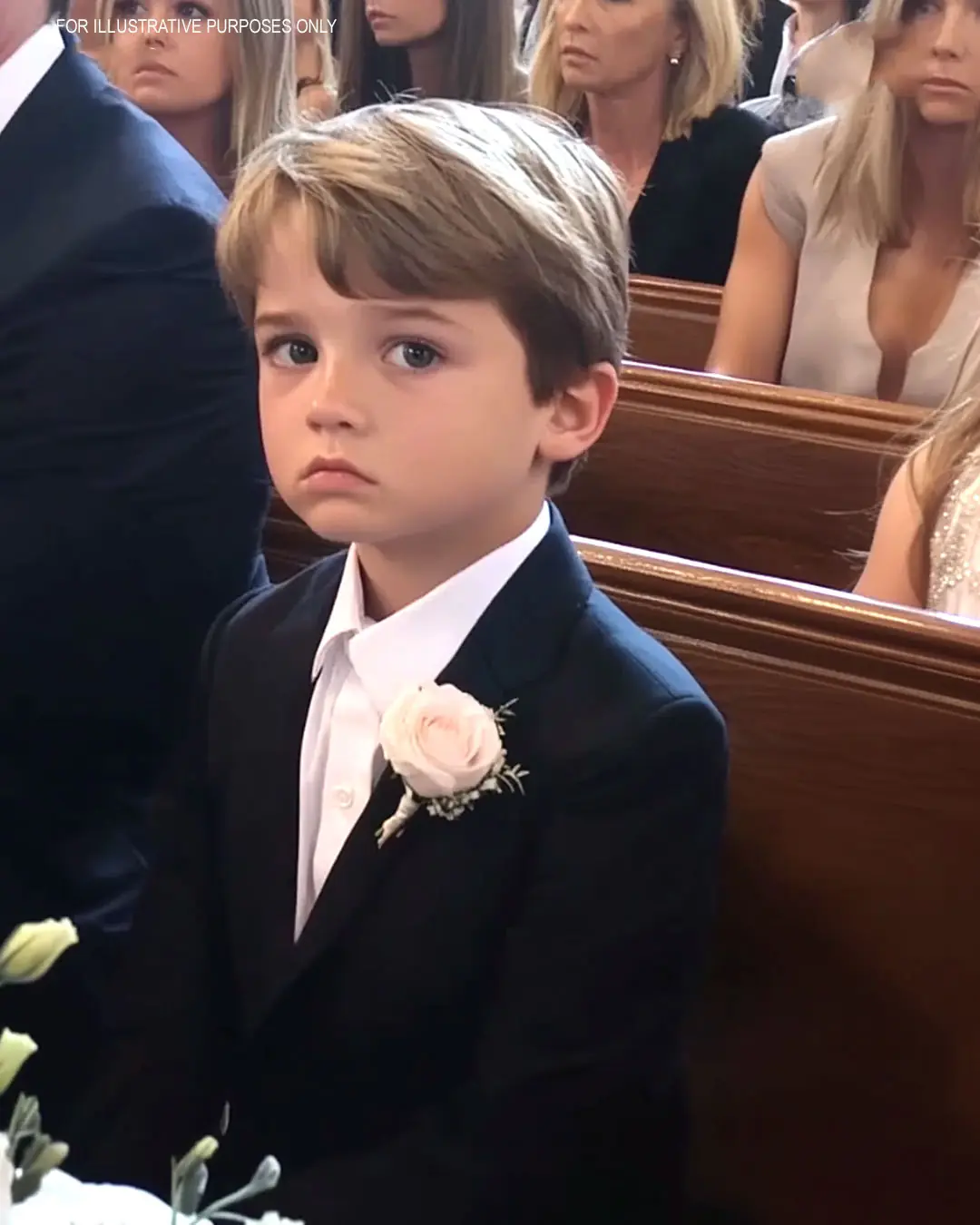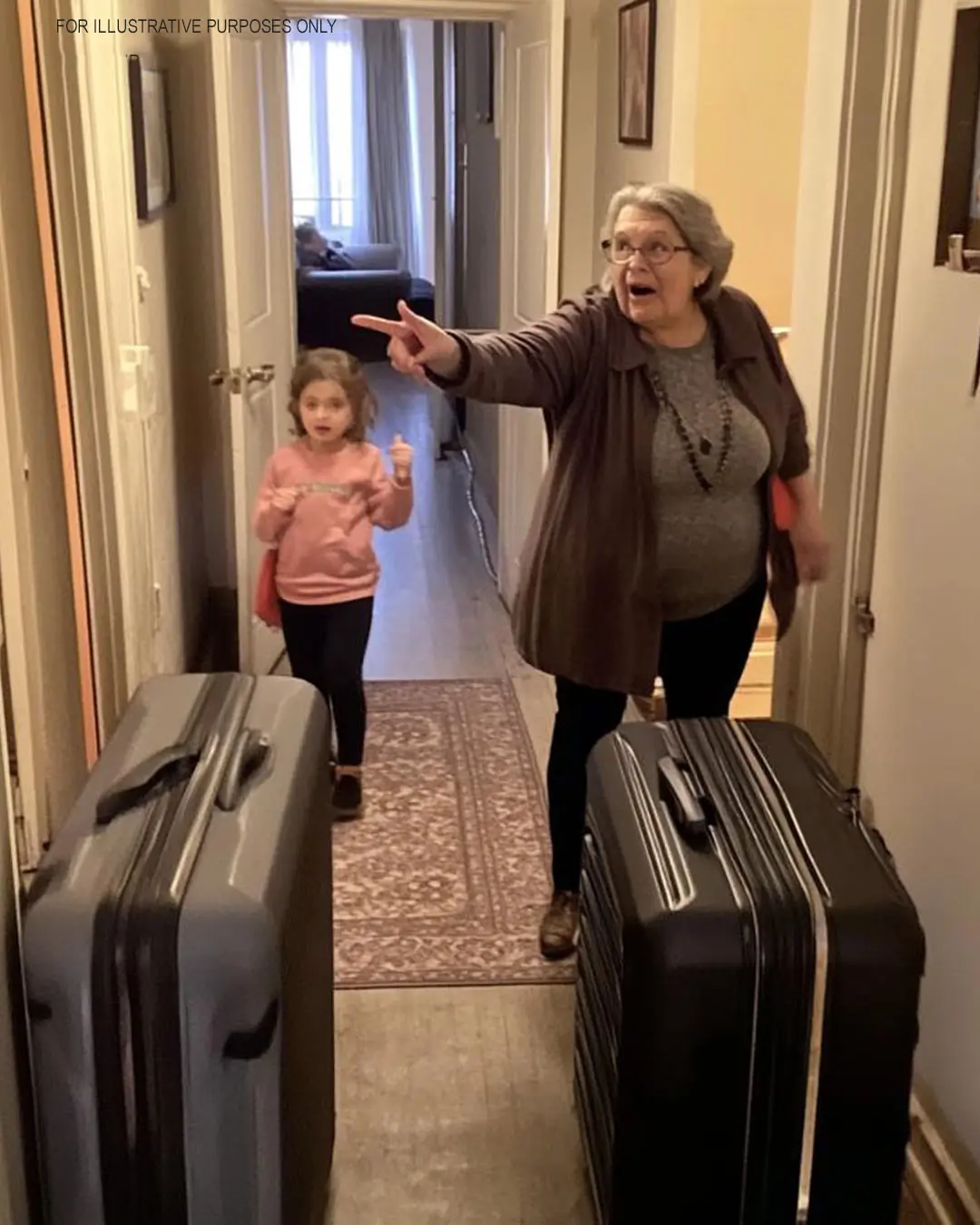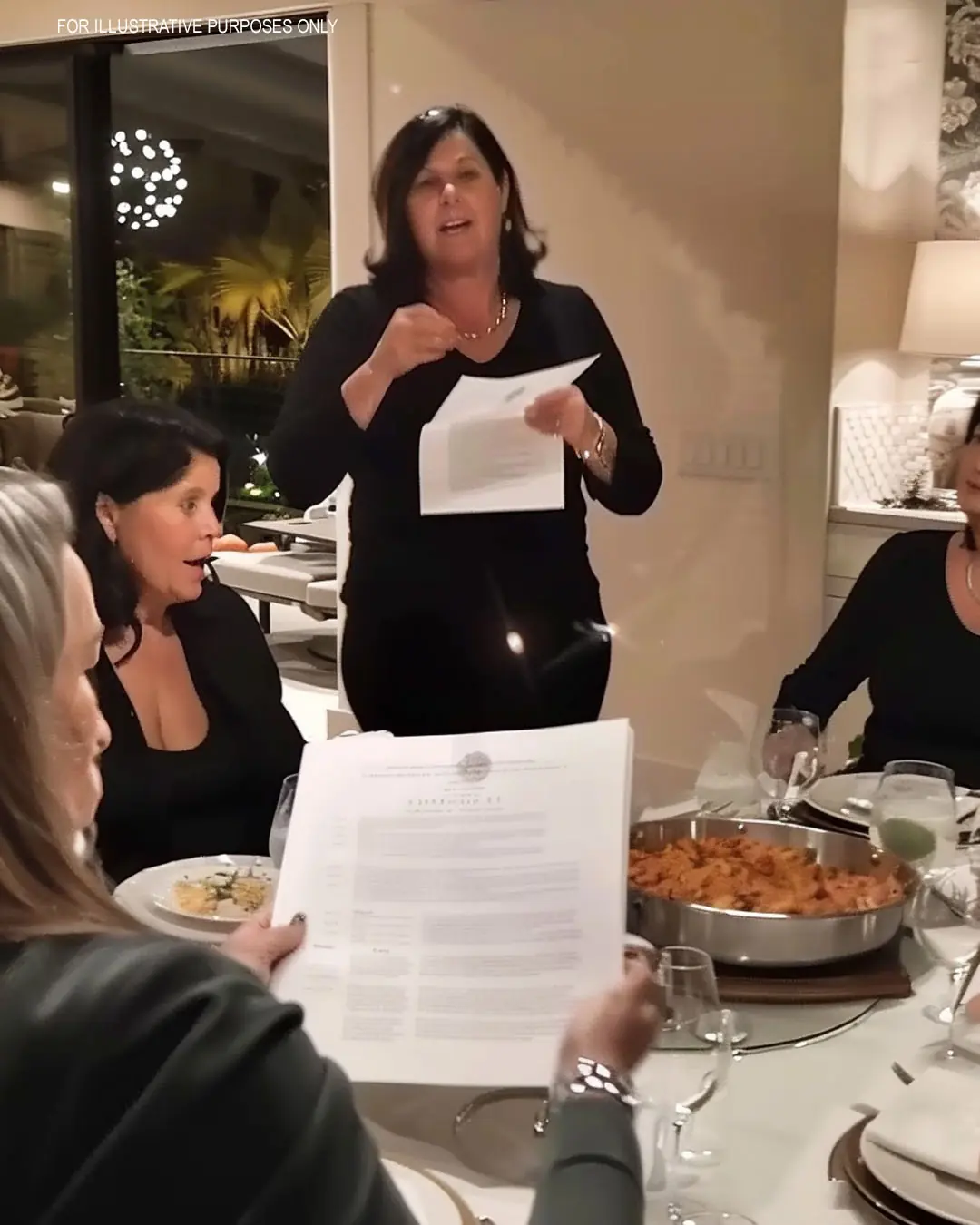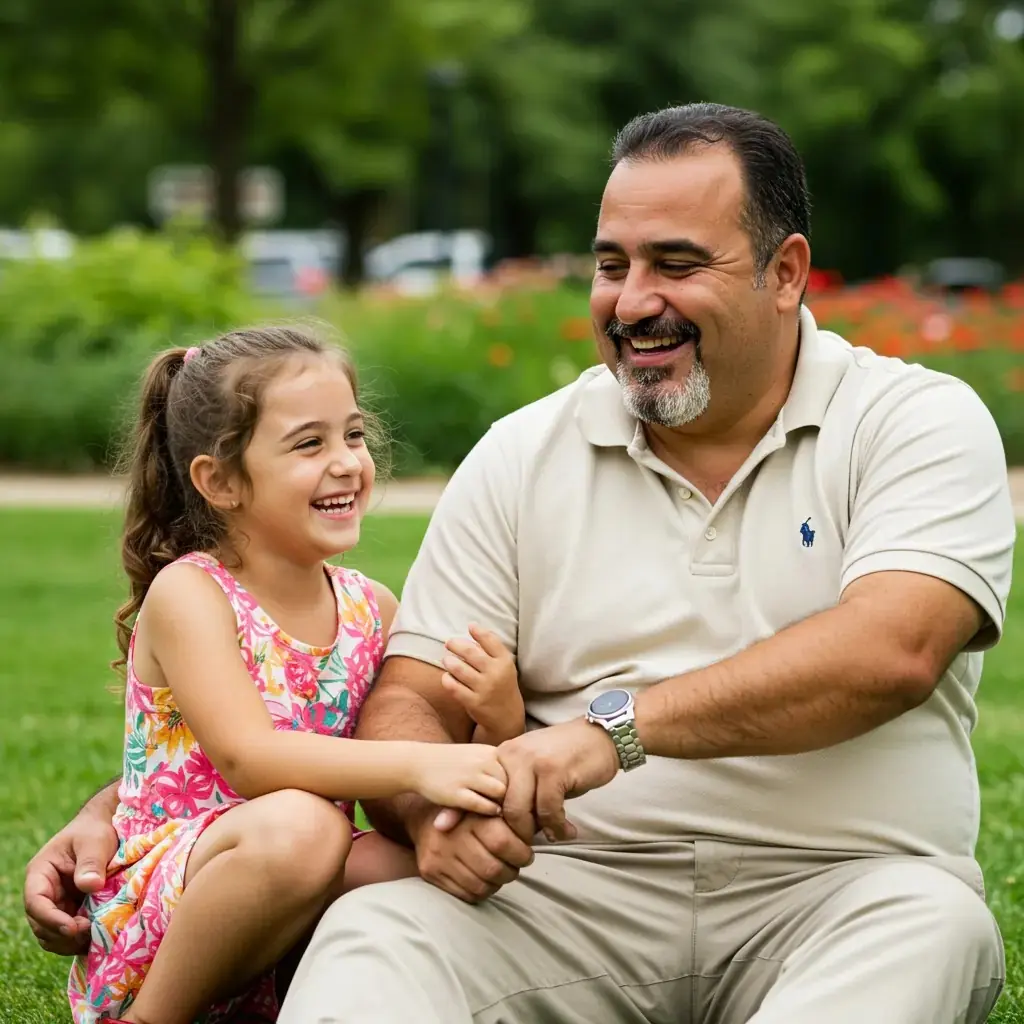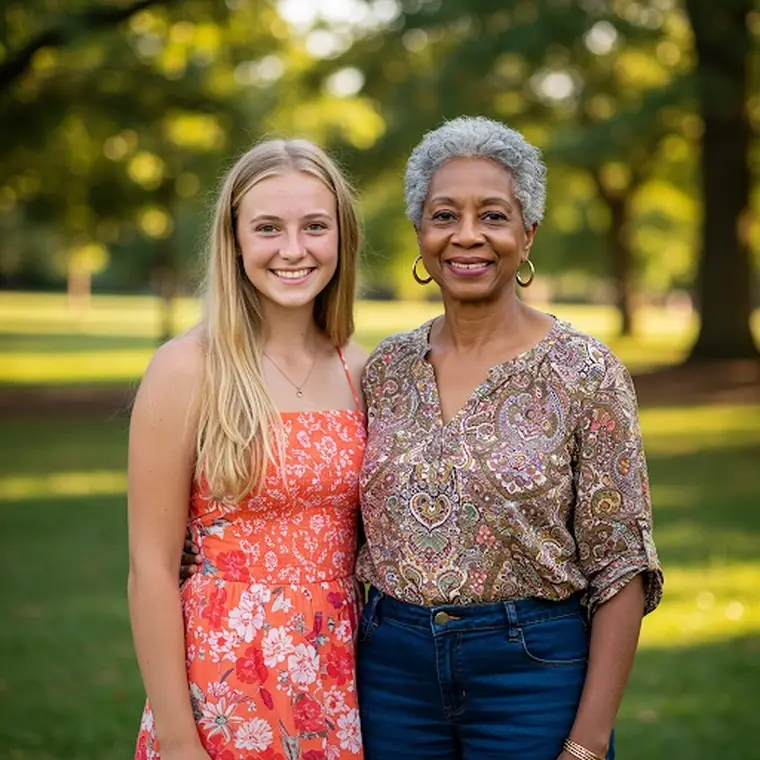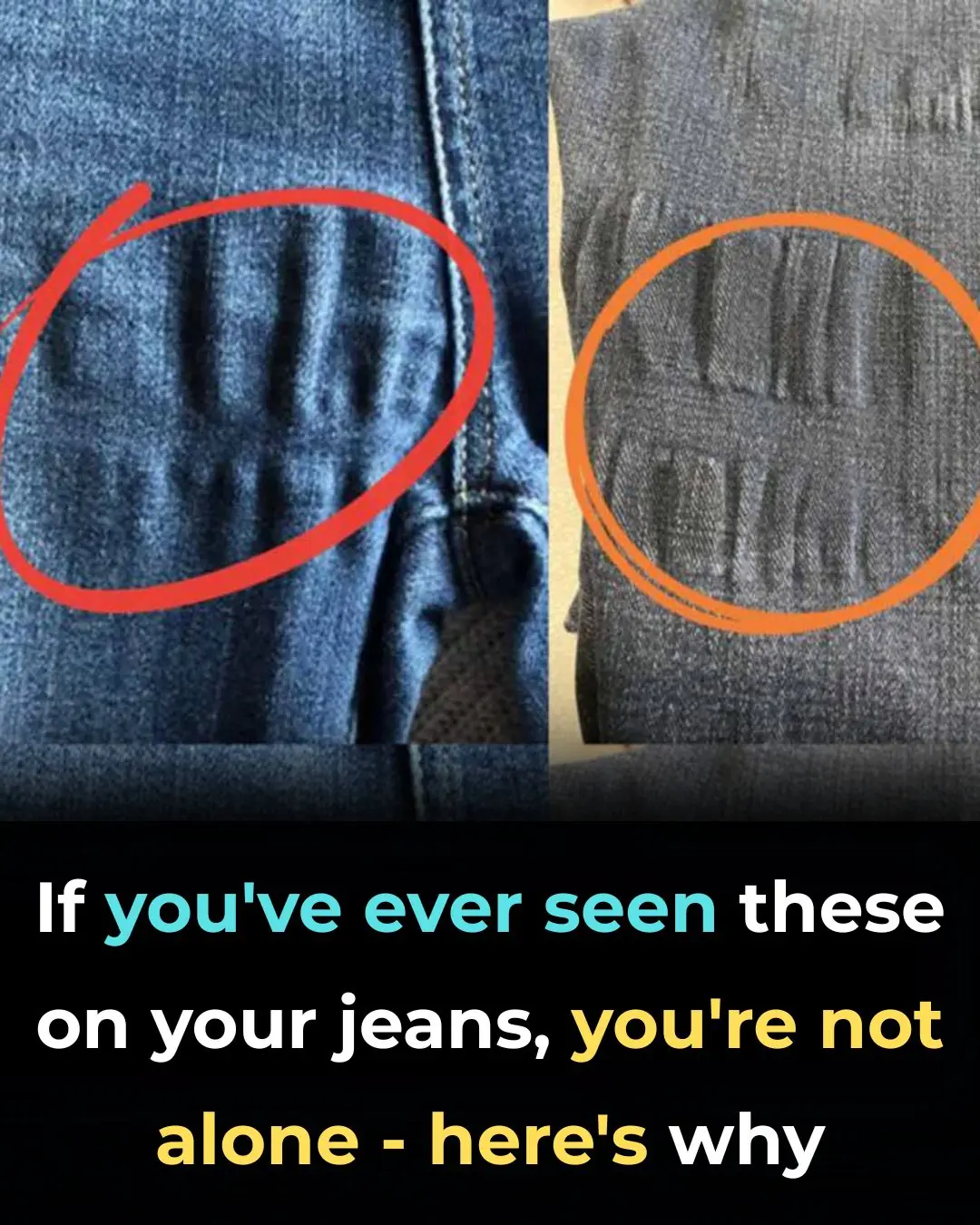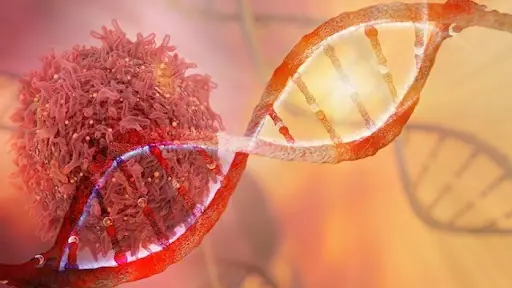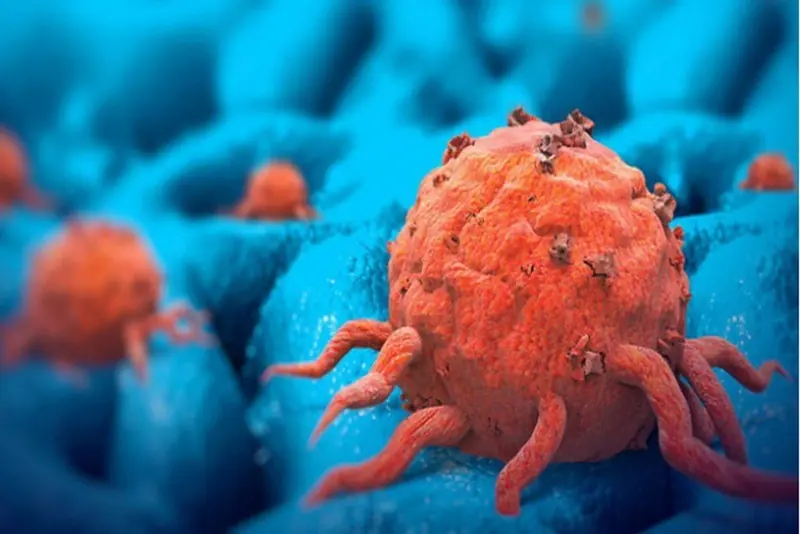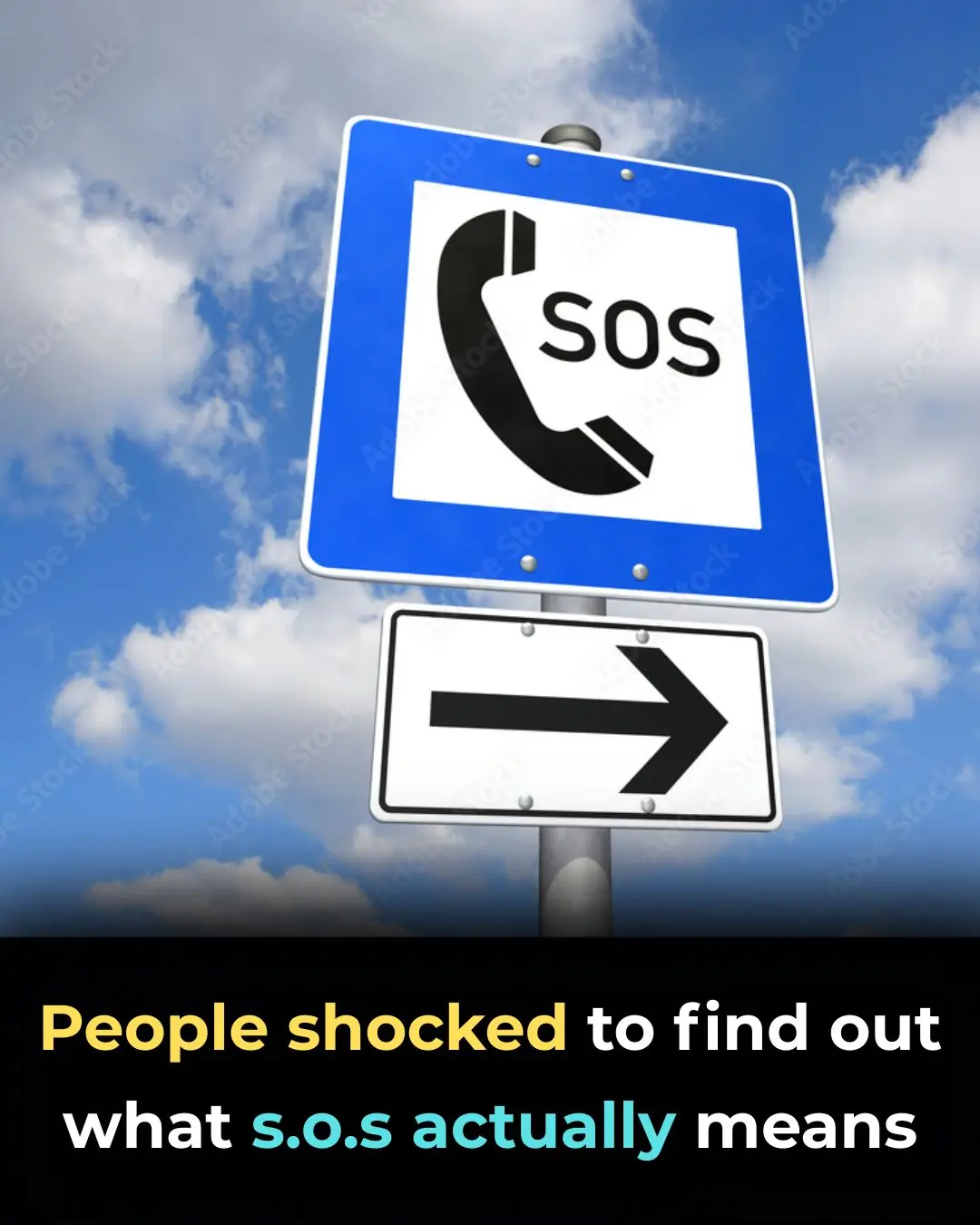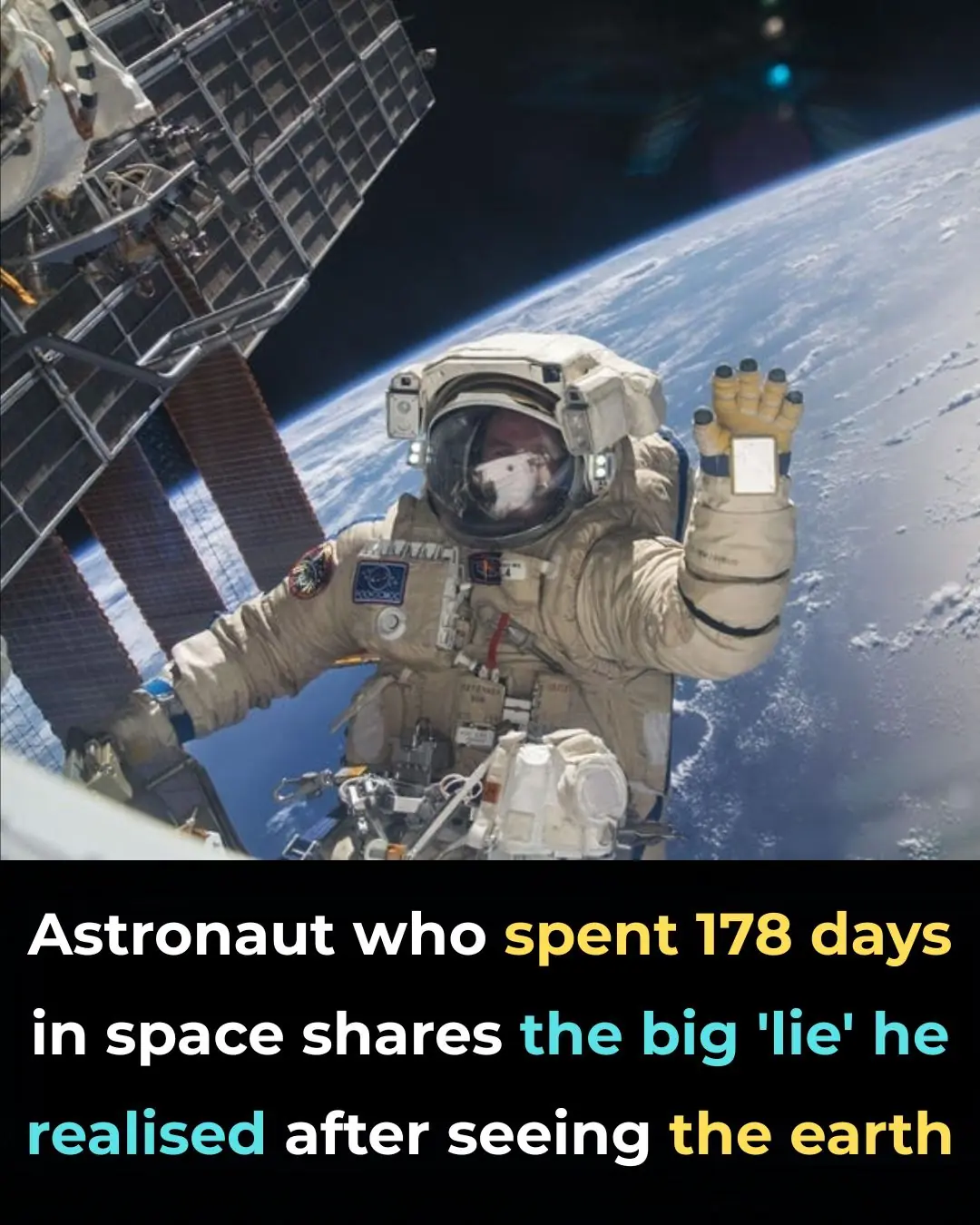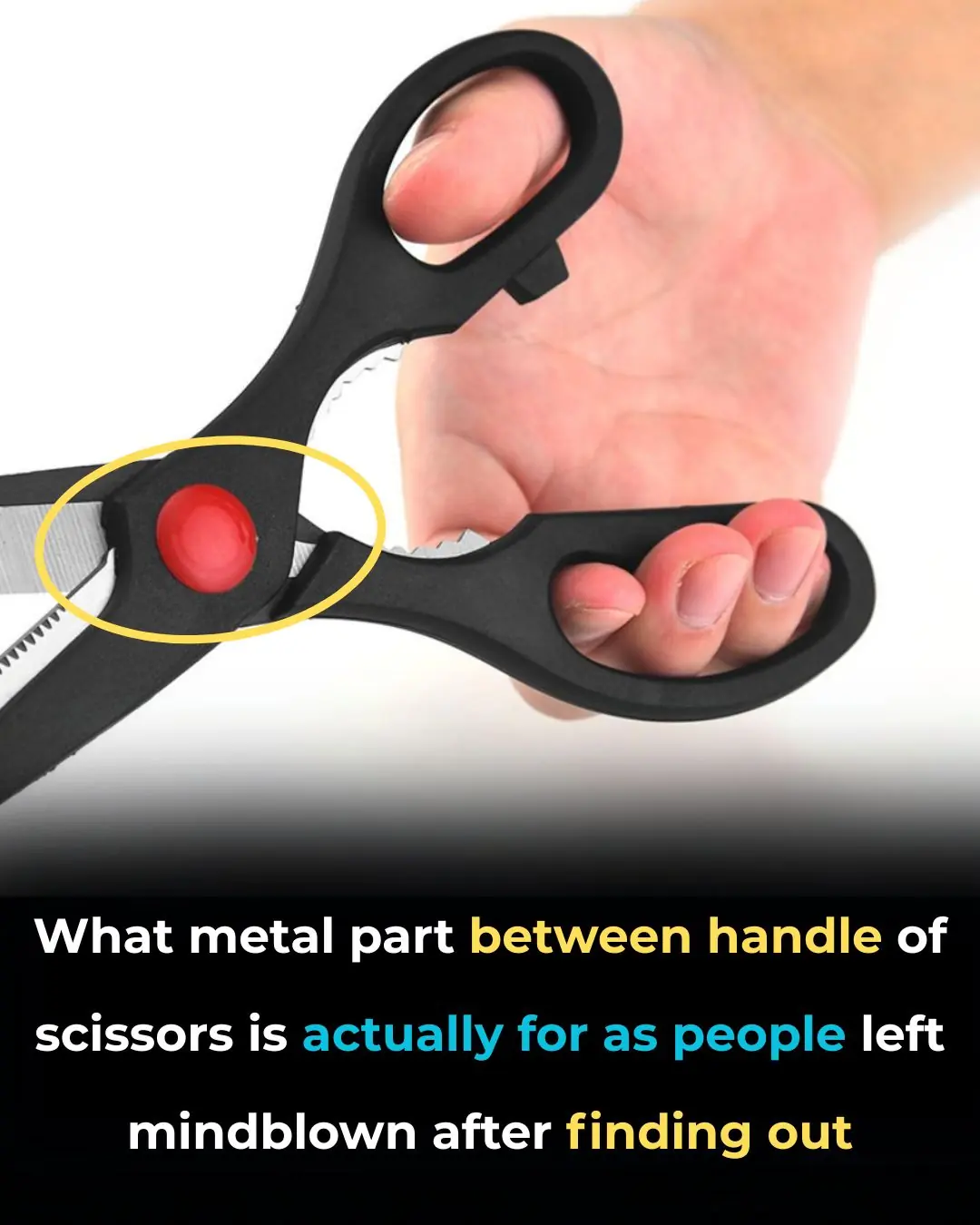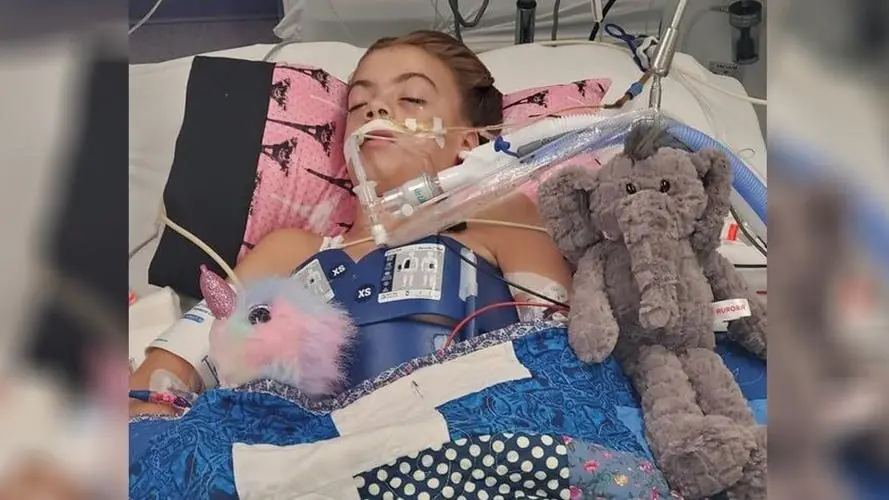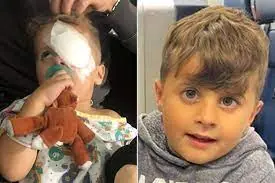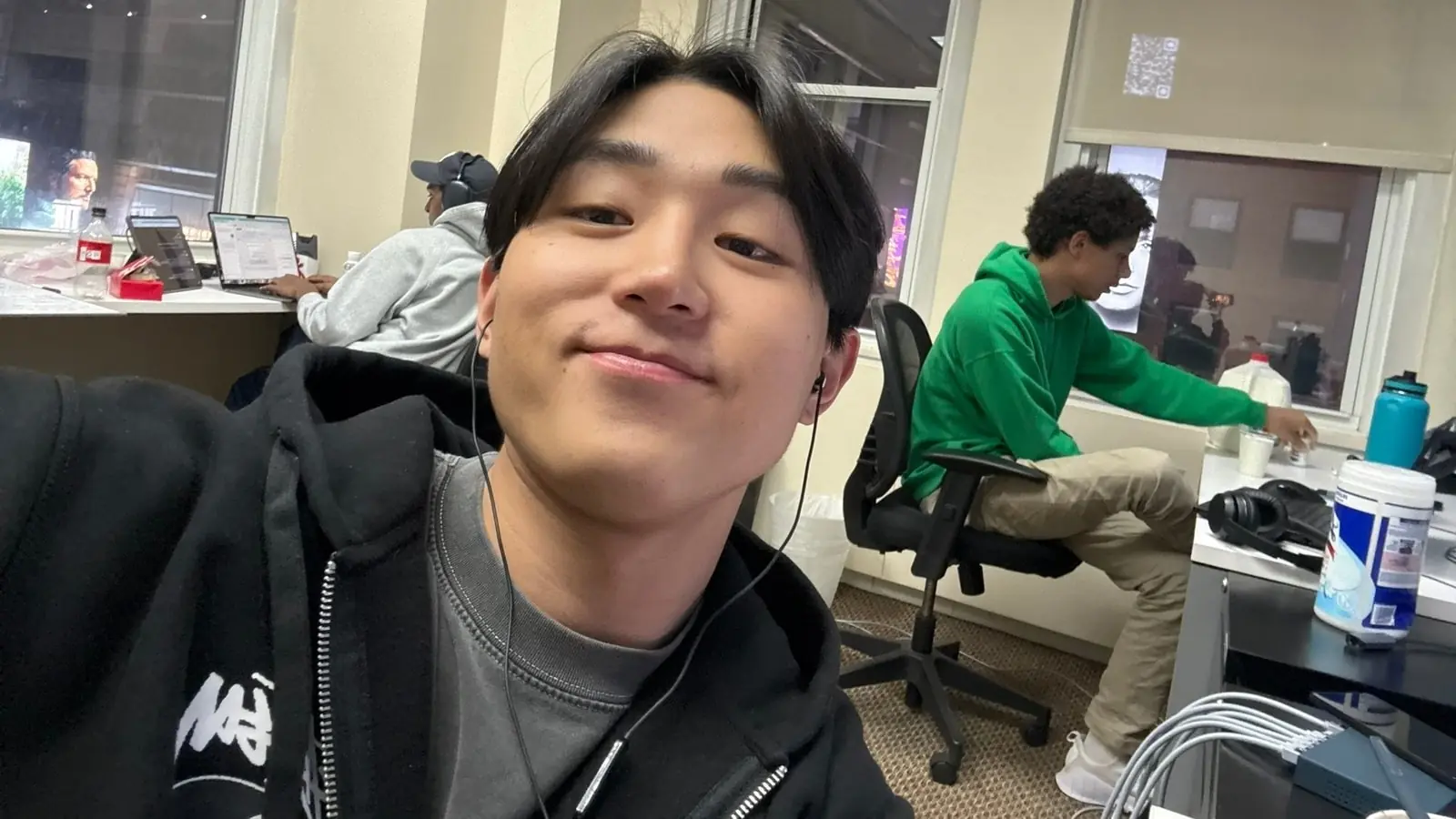You know that feeling when someone treats you like you're invisible? I'm Diana, and I spent three months being treated as though I were an invisible maid in my own home. My adult stepdaughter, Kayla, left trash everywhere and acted like it was my job to c
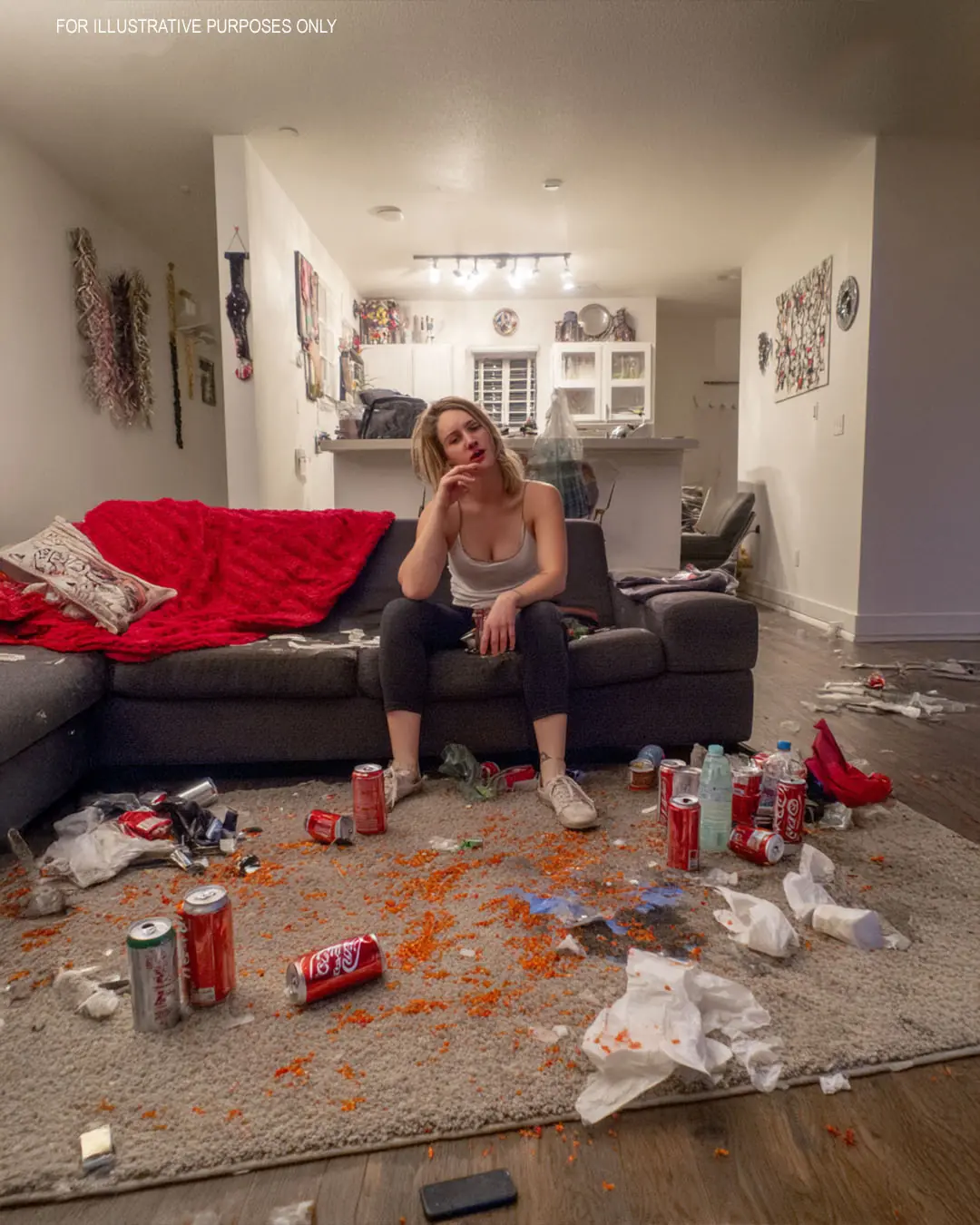
My husband Tom and I had built a beautiful life together over 10 years, creating a cozy home on Redwood Lane. It was a place filled with laughter, where Sunday mornings meant pancakes and crossword puzzles.
Our son, Rick, was thriving in college, and Tom’s daughter, Kayla, 22, from his previous marriage, had always been somewhat distant. She lived on the outskirts of our lives.
I made an effort, trust me, I really did. Birthday cards with heartfelt notes, invitations to girls' nights that went unanswered, and gentle questions about her hopes and dreams that were met with indifference.
Kayla wasn’t mean, no. She was worse—apathetic. It was as if I were just some piece of furniture she'd learned to ignore.
But when she called Tom one rainy Tuesday evening, her voice thick with emotion, asking if she could come home "just for a little while," my heart softened.
"Of course, sweetheart," Tom said, without even looking at me for confirmation. "You’ll always have a place here."
I squeezed his hand and smiled. What else could I do?
Three days later, Kayla arrived, dragging in enough luggage to supply a small army—three suitcases, two tote bags, and a duffel bag large enough for a family vacation.
She breezed past me with barely a glance and claimed our guest room—the one I had lovingly decorated with soft blues and fresh flowers.
"This'll work," she said, dropping her bags with thuds that made the picture frames tremble.
"Welcome home, honey!" I said, standing in the doorway. "I made your favorite casserole for dinner."
She glanced up from her phone. "Oh, I already ate. But thanks."
Her portion of the casserole sat in the fridge untouched for a week before I threw it out, my hands trembling with disappointment.
It didn’t take long for the mess to begin. Kayla abandoned her cereal bowl on the coffee table, the milk slowly drying into a sticky film. Makeup wipes were scattered across the bathroom sink, like confetti after a party no one showed up to.
I found myself following her trail, picking up the pieces of her life she carelessly left behind.
"Kayla, sweetie," I said one morning, holding up an empty water bottle I had found wedged between the couch cushions. "Could you put these in recycling, please?"
She glanced at me, blinked slowly, and shrugged. "Sure. Whatever!"
But the bottles kept appearing, rolling around the living room floor like tumbleweeds.
"She’s just settling in. Give her some time, Di," Tom said when I brought it up.
A month passed, and the mess only grew. Amazon boxes were scattered across the entryway—opened and abandoned. Dishes migrated from the kitchen to every surface, forming little colonies of neglect.
One evening, I found a banana peel under the couch cushion. A banana peel. Brown, sticky, and completely out of place.
"Kayla!" I called. "Could you come here for a second?"
She appeared in the doorway, looking as perfectly put together as always. "She’s just like her mom," Tom always said.
"What’s up?" she asked, not moving from the door.
I held up the banana peel. "I found this under the couch."
She looked at it for a moment, then back at me. "Okay?"
"Okay?? Kayla, this isn’t normal."
"It’s just a banana peel, Diana. Chill."
Just a banana peel? Yeah, right. As if the piles of her carelessness weren’t slowly suffocating me.
"I’m not trying to be difficult," I said. "I just need you to help me keep the house clean."
She sighed dramatically. "Fine. I’ll try to be more careful."
But nothing changed. If anything, it got worse.
The breaking point came on a Sunday that started with such promise. Tom had gone for his weekly golf game with his friends, promising to bring Chinese takeout for dinner. I spent the morning deep cleaning the living room—vacuuming, dusting, making everything sparkle.
I stepped outside to the garden to pick a few cherry tomatoes, humming a song Rick used to love. For a brief moment, I felt like myself again. Then, I walked back into the living room... and froze.
Takeout bags from the night before were scattered across the coffee table. Soda cans had been abandoned on the hardwood floor, leaving rings that would probably stain. Cheeto dust was ground into the cream-colored rug I had saved for months to buy.
And there was Kayla, her feet propped up on my clean coffee table, scrolling through her phone like she owned the place.
She looked up when I walked in. "Oh, hey, Diana! I’m starving. Could you make some of those pancakes? The ones you made for my birthday last year?"
"Excuse me?"
"Pancakes! I’m dying for something homemade, and yours are actually pretty good."
I stared at her, my gaze lingering on the wreckage of my morning’s work, her casual cruelty, the way she looked at me like I was nothing more than an appliance in her life.
"You know what?" I said finally. "I think I’m all out of pancake mix. Why don’t you order takeout?"
That night, lying in bed beside Tom’s peaceful snoring, I made a decision. If Kayla wanted to treat me like hired help, then so be it. But she was about to learn that even help can walk away.
The next morning, I started my experiment. Every dish she left out stayed exactly where it was. Every wrapper, every empty container, every sign of her existence in our home remained untouched by me.
By Tuesday, the coffee table was a disaster zone.
"Diana?!" Kayla shouted from the living room. "Did you forget to clean up in here?"
"Oh," I said, poking my head around the corner. "Those aren’t my dishes."
She blinked. "But... you always clean them."
"Do I?" I asked, feigning confusion. "I don’t remember agreeing to that arrangement."
Tom came home to find Kayla grumbling as she loaded the dishwasher for the first time since moving in.
"What’s going on?" he asked, his voice low.
"Just encouraging some independence," I said.
He frowned but didn’t press further.
By Thursday, I had taken it a step further. Every piece of trash with Kayla’s fingerprints on it—empty chip bags, used tissues, rotting fruit—made its way to her room. I carefully labeled each item with a note: "Thought you might want this back! XOXO, Diana."
When she found her garbage piled neatly in her room, she stormed downstairs, holding up a moldy apple core.
"What is this?" she demanded.
"Oh, that’s yours! I didn’t want to throw away something important to you."
"It’s trash, Diana!"
"Is it? Then why did you leave it under the couch?"
She was speechless, opening and closing her mouth like a fish out of water.
"This is insane!"
"Hmm, I suppose it is," I replied, savoring the moment.
The final blow came the following Tuesday. After finding yet another week’s worth of Kayla’s mess—candy wrappers, banana peels, and half-eaten sandwiches—I had an idea.
Her lunchbox sat on the counter. She grabbed it without a second thought as she rushed out the door.
I packed it carefully. A rotten apple core here, an empty chip bag there, and a used makeup wipe folded neatly in the corner.
At 12:30 p.m., my phone buzzed with messages:
"WHAT THE HELL, DIANA???"
"You put GARBAGE in my lunch!"
"Everyone at work thinks I’m insane!"
"What is WRONG with you??"
I replied slowly, savoring every word: "Thought you might be hungry for leftovers. Hope you have a great day! ❤️"
The silence that followed was sweet.
When Kayla came home that evening, she didn’t slam the door or storm off to her room. Instead, she stood in the entryway for a long moment, looking around the house... really looking, maybe for the first time.
"Diana?" she called out.
I looked up from my crossword puzzle.
"Yes?"
"The living room looks nice."
I glanced around. It was clean. Peaceful. Like a home, not a dumping ground.
"Thank you!" I said.
She nodded and went upstairs. I heard the soft sounds of someone actually putting things away instead of leaving them wherever.
The next morning, I woke up to a spotless living room. Her dishes were in the dishwasher, her laundry folded neatly by the stairs.
Kayla appeared in the doorway, hesitant.
"I cleaned up," she said.
"I noticed. Thank you."
She nodded, grabbed an apple, and headed out the door.
"Kayla?" I called after her.
She turned back.
"The pancakes... if you want them, just ask nicely. That’s all I ever needed."
Something shifted in her expression. Not quite an apology, but close enough to give me hope.
"Okay," she said. "I’ll... I’ll remember that."
Two months have passed since the Great Lunchbox Incident of Redwood Lane. While Kayla and I may never be best friends, we’ve found something better: respect and kindness.
She cleans up after herself now. She says please and thank you. And she even helped me plant flowers in the garden, though she complained about getting dirt under her nails the whole time.
We made pancakes together last Sunday—the first time in months. She ate four of them and actually smiled when she said they were good.
Tom asked me recently what had changed and what kind of magic I had used to transform his daughter from a hurricane into a human being.
I just smiled and said, "Sometimes people need to see the mess they’re making before they can clean it up."
Some lessons are best learned the hard way. And sometimes, the people who love us enough to teach those lessons are the ones who've been invisible all along.



